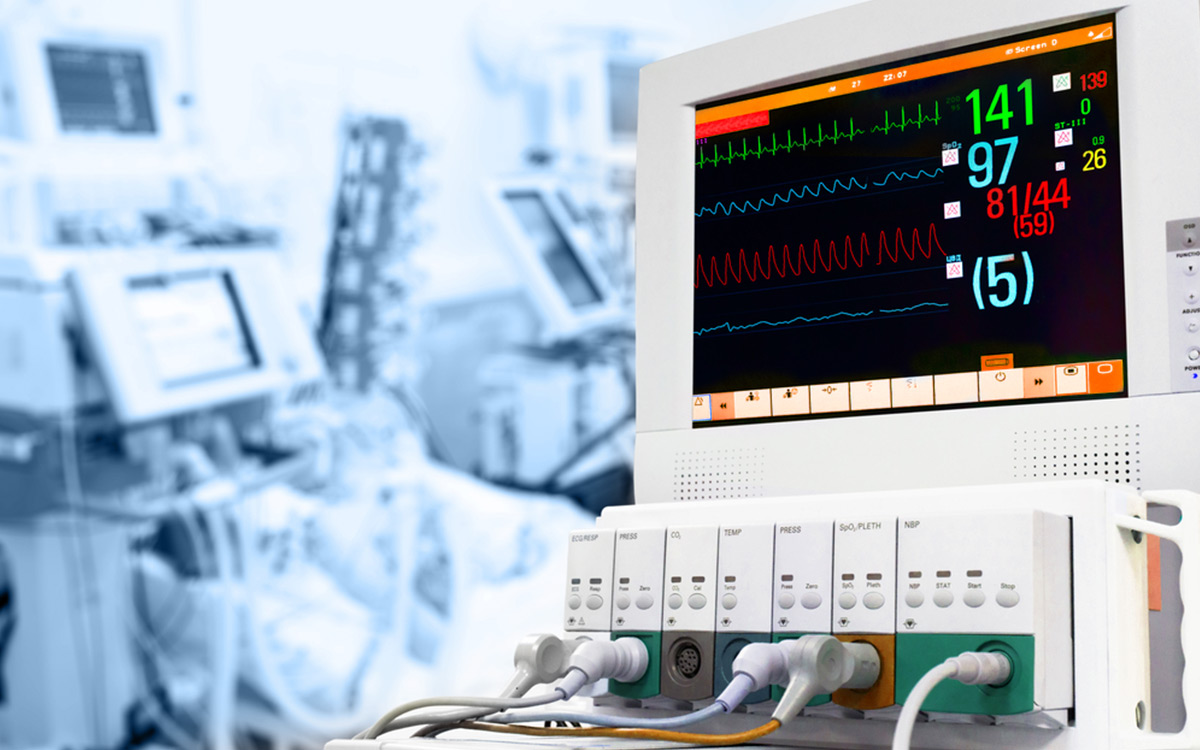An electrocardiogram (ECG) is a test that records the electrical activity of the heart. It measures the rate and regularity of heartbeats as well as the size and position of chambers and any damage to the heart. ECGs are one of the most common and inexpensive medical tests used to check the heart’s function and timing. Traditionally, ECGs were performed by attaching electrodes to a patient’s limbs and chest which were then connected to a machine that produced a printout of the heart’s activity.
Emergence of Digital ECG Technology
In recent years, advanced digital technologies have revolutionized ECG procedures. Devices have become smaller, portable and capable of wireless transmission of ECG data. This has enabled the development of full-fledged ECG management systems that seamlessly integrate ECG acquisition, storage, transmission and analysis. Digital ECG equipment digitizes heart signals and stores ECG data electronically in a format that is sharable across different healthcare facilities. Clinicians can view ECG reports on computer systems or mobile devices from any location.
Remote Monitoring and Diagnostics
One of the major benefits of digital ECG technology is enabling remote cardiac monitoring and diagnostics. Devices like patches and wearable monitors can be used to record ECG continuously outside healthcare settings. This allows monitoring heart conditions over long durations in real world settings. The recorded data is automatically uploaded to cloud-based ECG management platforms where clinicians and cardiologists can access it from anywhere. They can track any abnormalities and respond timely. This type of remote monitoring has become very useful during the COVID-19 pandemic for patients undergoing treatment from home.
Automatic Analysis and Interpretation
ECG Management Systems are integrated with artificial intelligence and machine learning algorithms that can analyze ECG waveforms and generate computerized interpretations. The algorithms are trained on huge datasets of annotated ECG recordings to recognize waveform patterns. They can detect anomalies, measure heart rates and durations, identify arrhythmias and comment on the overall cardiac health status. This provides an objective “second opinion” to support clinicians during diagnosis and reduces interpretation errors. Automatic analysis also speeds up the reporting process massively as it does not require a specialist to manually analyze each recording.
Secured Data Management and Sharing
An important aspect of ECG management platforms is how they handle sensitive cardiac data in a secured manner. Advanced systems incorporate stringent security protocols with features such as biometric authentication for access, encryption of data during transmission as well as storage, auditing of user activities and disaster recovery mechanisms. ECG records can be seamlessly integrated with electronic health records for a consolidated patient history to be accessed anytime by authorized providers. On obtaining patient consent, their cardiac data can also be shared with other specialists through Health Insurance Portability and Accountability Act (HIPAA) complaint platforms for advanced consultations.
Clinical Decision Support and Alerts
Advanced analytics on population-scale ECG data powers clinical decision support capabilities in management systems. Algorithms can detect abnormal trends in individual patient recordings over time as well as analyze similar cases in the database to provide predictive warnings. Personalized alerts are generated if conditions like arrhythmia risks, deterioration of heart functions, or non-adherence to medications are identified. Systems can also facilitate automated appointment booking and medication refill reminders. Overall this helps providers proactively manage high-risk cardiac cases and take preventive actions to reduce hospitalizations.
Application in Healthcare Systems
ECG management platforms are increasingly being adopted across different healthcare settings for better cardiac care delivery. In hospitals, they have streamlined the ECG process from registration to reporting while reducing turnaround times. Outpatient cardiology clinics can effectively monitor and follow-up with patients through automated alerts. Emergency responders also utilize portable ECG devices connected to cloud-based systems to transmit telemetry data during ambulance rides. For underserved populations in rural areas, telecardiology initiatives leveraging these solutions are improving access to specialist opinions. With their advanced functionalities, ECG management systems are undoubtedly revolutionizing cardiac care delivery.
Digital ECG technology and comprehensive management systems have had a tremendous impact on cardiology. Real-time remote monitoring capabilities, automated diagnostics, secured data sharing features and clinical decision support are transforming cardiac care. They are enabling more proactive, preventive and value-based management of heart conditions. With further refinement of algorithms through greater data availability, ECG management solutions will continue to advance preventive cardiology and help deliver quality care to everyone in need.
*Note:
1. Source: Coherent Market Insights, Public sources, Desk research
2. We have leveraged AI tools to mine information and compile it



